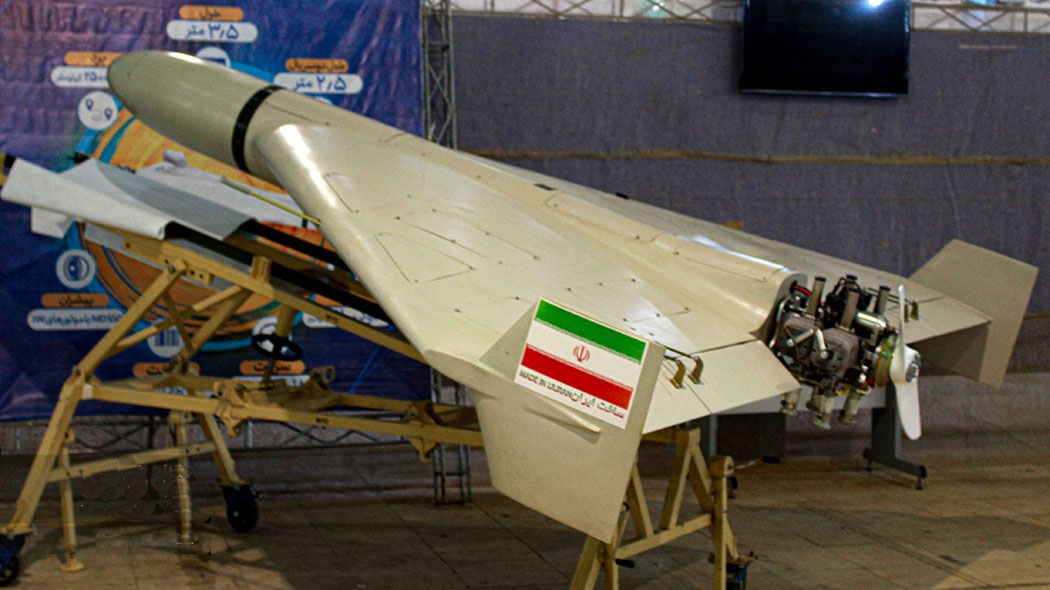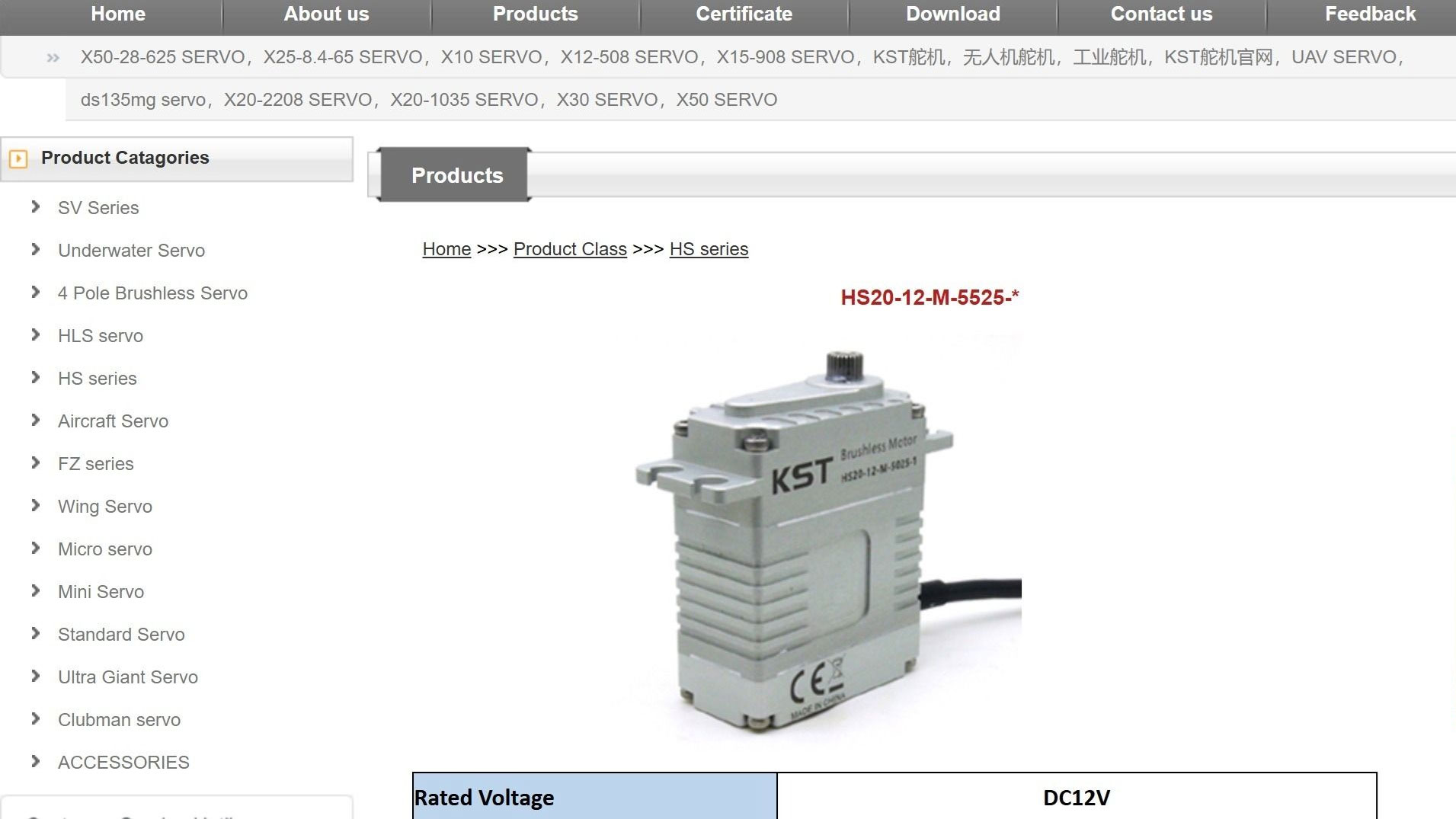
The public complaints of a Ukrainian Facebook user have led to the uncovering of an elaborate Chinese sanctions-swerving scheme. Militarnyi reports that the deception aimed to funnel important glide bomb and kamikaze drone components to Russia undercover as car parts from a Taiwanese brand.
On Friday, Ukrainian activist Vadim Labas posted about how he was irritated to find out Taiwan's TRC was supplying what was, in effect, weapons parts to Russia. However, he shared an update on Monday as investigations revealed that a Chinese company had faked the TRC brand to swerve sanctions.
Labas explains that friendly Taiwanese and Ukrainians living in Taiwan unearthed a 'double operation' to circumvent sanctions and discredit the named Taiwanese manufacturer. After publicly apologizing to TRC in this update post, he described the elaborate scheme used by China's KST to dodge sanctions with its servo drives.

These servo drives are claimed to be an essential component for producing both UMPK glide bombs and Shahed kamikaze drones. The parts in question are made by the Chinese factory KST Digital Technology Limited, says Labas. It is a sanctioned company. However, it 'sold' these servos to a fake company in China called Kaiffeng Zhendaqian Technology (KZT). The parts were subsequently sold to another Chinese company, Unihui International Limited. During this transaction, the parts were also 'rebranded' indicating they came from Taiwan's TRC.
Another Chinese company, Shenzhen Biosen Bio-Tech Co., then transferred the parts and documentation to Omni Trade and Dymir Trade, two firms described by the source as "Russian proxies." Interestingly, Dymir Trade is said to be a freshly set-up clone of Dymir, which is under sanctions. The final act of deception in this lengthy obfuscating process was to ship the glide bomb and kamikaze drone components to Russia labeled as spare parts for civilian automobiles.
Readers won't be surprised to hear that Taiwan's TRC finds news of its brand being faked to ship weapons parts as "incomprehensible." In a statement to Taiwan's CNA, an exec from TRC denied the firm had produced the parts in question and that legal action was being considered to protect the company's name, rights, and interests.







